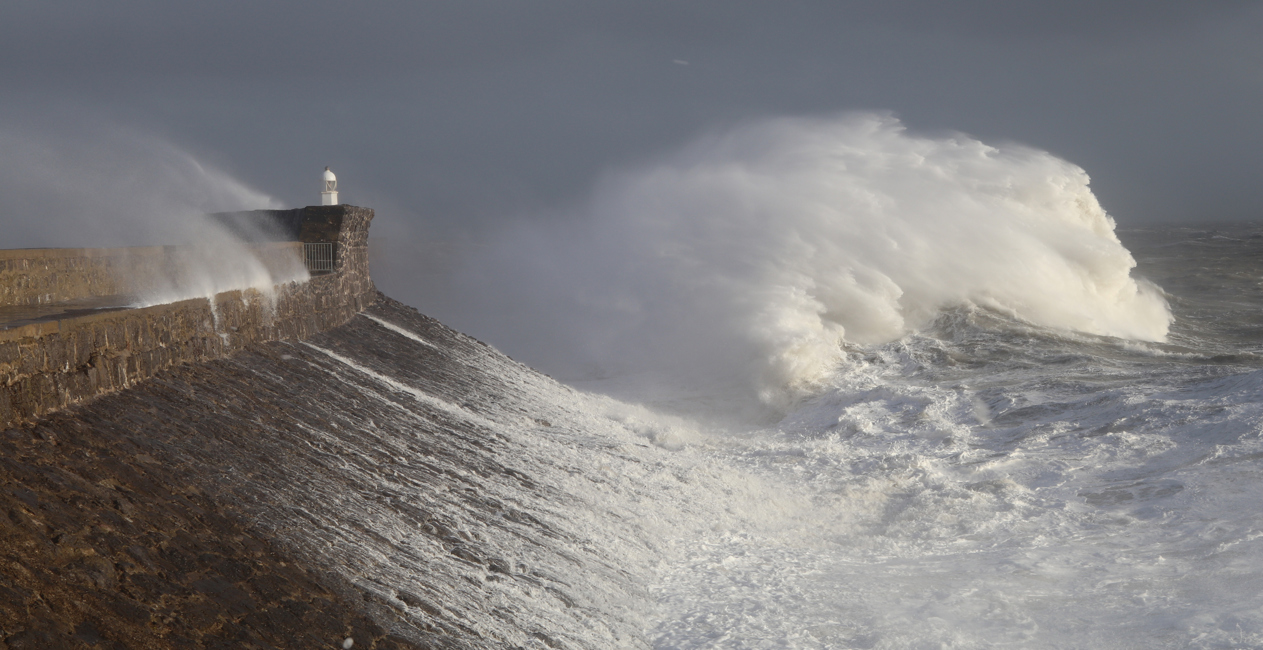

What is climate change?
Climate change refers to a large-scale, long-term shift in the planet's weather patterns and average temperatures. Climate change is the long-term shift in average weather patterns across the world. Since the mid-1800s, humans have contributed to the release of carbon dioxide and other greenhouse gases into the air. This causes global temperatures to rise, resulting in long-term changes to the climate.
How are humans changing the climate?
In the 11,000 years before the Industrial Revolution, the average temperature across the world was stable at around 14°C. The Industrial Revolution began in the mid-1800s when we began to burn fossil fuels such as coal, oil, and gas for fuel.
Burning fossil fuels (coal, oil, gas) produces energy, but also releases greenhouse gases such as carbon dioxide and methane, into the air. Over time, large quantities of these gases have built up in the atmosphere.
For example, the level of carbon dioxide in the atmosphere rose by 40% during the 20th and 21st century and is now over 400ppm (parts per million). This level of carbon dioxide is higher than at any time in the past 800,000 years!
Once in the atmosphere, greenhouse gases such as carbon dioxide form a 'blanket' around the planet. This blanket traps the heat from the sun and causes the earth to heat up. This effect was noticed as far back as the 1980s. In 1988, the International Panel on Climate Change (IPCC) was set up to provide governments with information to tackle climate change. www.ipcc.ch
Contains public sector information licensed under the Open Government Licence v3.0